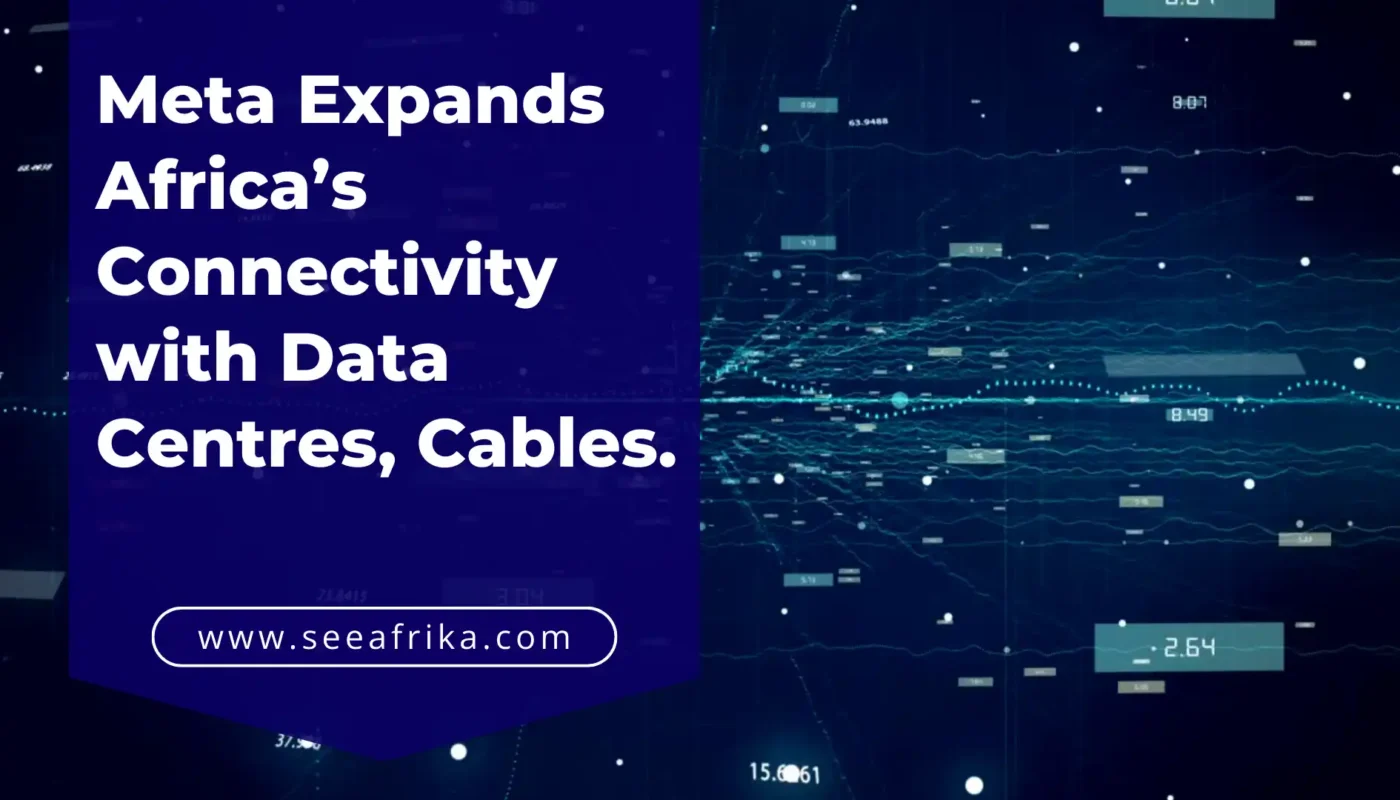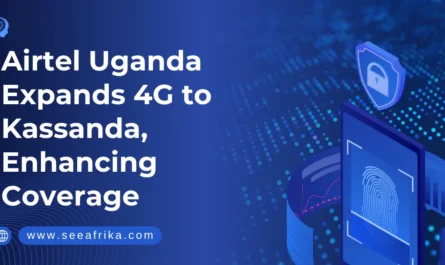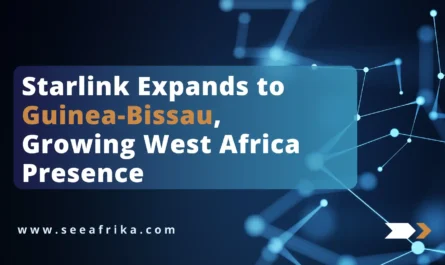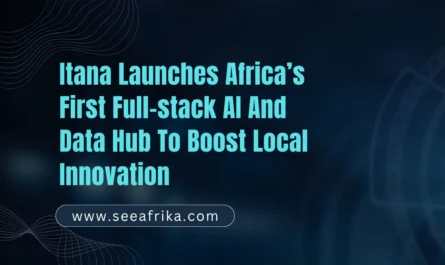Meta, the parent company of Facebook, Instagram, and WhatsApp, is making significant investments to enhance Africa’s internet infrastructure. The tech giant recently announced a massive expansion of its data centres and undersea cable systems across the continent. This initiative aims to bring faster, more reliable, and affordable internet to millions of Africans.
Ben Ryall, the Edge Strategy Manager for Meta, made this announcement over the weekend in Lagos at the opening of Digital Realty’s third Lagos data center (LKK2), emphasizing that a dependable connection is crucial to enabling social development, financial inclusion, and economic progress throughout Africa.
LKK2, located in Lekki, connects to the LKK1 facility, which houses the 2Africa subsea cable landing station, and provides approximately 2MW of installed IT capacity across 13,000 square feet of space.
“Connectivity is no longer a luxury. As people get used to faster speeds and richer experiences, the demand for reliable infrastructure will only intensify,” Ryall said.
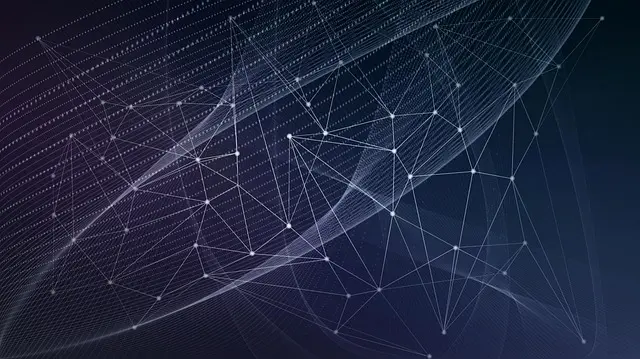
Building New Data Centres
Meta is building new data centres in key African cities. These centres will store and process data closer to users. This reduces delays in loading websites and apps, making the online experience smoother.
The first centre opened in Johannesburg, South Africa, in 2021. Now, Meta plans to add more. Lagos and Nairobi are next on the list. These cities serve as major business hubs and digital gateways for West and East Africa.
Data centres are energy-intensive, so Meta is designing these facilities with sustainability in mind. The company says it will use renewable energy where possible. This commitment helps reduce the carbon footprint of Africa’s digital growth.
Enhancing Undersea Cable Infrastructure
Meta is not stopping at land-based data centres. It is also investing heavily in undersea cables. These underwater fibre optic cables link Africa to Europe, the Americas, and Asia. They carry most of the internet’s global traffic.
One major project is the 37,000 km2 Africa cable. This cable circles the continent and connects 23 countries. Meta is a key partner and investor in 2Africa, which is expected to be one of the world’s longest subsea cables when completed.
The 2Africa cable dramatically increases internet capacity. It means not only faster speeds but also greater resilience. If one connection breaks, traffic can reroute, preventing outages.
Meta is also supporting smaller regional cables. These systems connect islands and remote coastal areas. They improve connectivity in places where terrestrial fibre optics are rare or too expensive.
Also read: AfricAI Launches in Nigeria to Drive AI Innovation
Bridging the Digital Divide
Africa’s internet penetration rates vary widely. Some countries boast over 70% of people online, while others are below 20%. Many rural and underserved areas lack basic infrastructure.
Ryall highlighted the emergence of mobile money as a significant consequence of increased internet penetration and referred to Sub-Saharan Africa as “the last continent” in the worldwide endeavour to connect the disconnected.
He maintained that maintaining this development would require ongoing investments in data centres and robust digital infrastructure. The goal of Meta’s 2Africa cable, which being installed in several Nigerian cities, is to increase internet capacity, enhance redundancy, and lessen dependency on individual cable networks.
According to Ryall, the project would strengthen the digital backbone for services like social networking, e-commerce, telemedicine, and online education when paired with new data centres like LKK2.
Also read: Kenya’s Tech Sector Becomes Leading FDI Magnet
Economic Impact and Job Creation
Meta’s infrastructure projects create direct and indirect jobs. Construction of data centres and cable landing stations employs thousands. Once operational, these sites require skilled technicians, engineers, and support staff.
Beyond jobs, improved connectivity attracts foreign investment. Companies can launch digital services and e-commerce platforms. Local economies gain from new opportunities and increased productivity.
Meta plans partnerships with African governments and local firms. These collaborations will maximize the benefits of new technology. Training programs and tech hubs are also part of the long-term vision.

